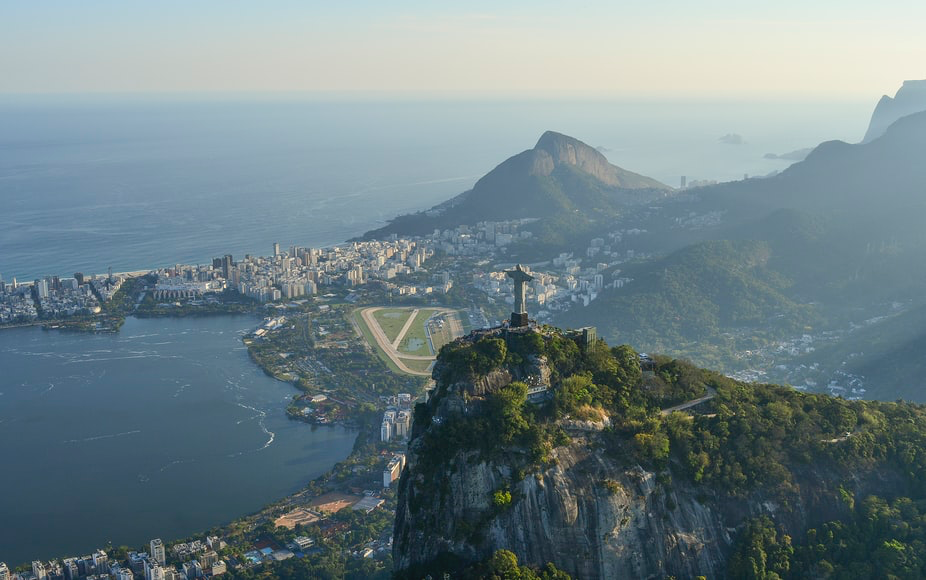KEY POINTS
- Brazil faces an energy crisis due to a prolonged drought.
- Authorities have approved bringing back daylight saving time, pending Lula’s final approval.
- The policy aims to reduce energy consumption during peak hours.
Brazilian energy authorities have approved bringing back daylight saving time to help manage power shortages caused by a severe drought, but the final decision rests with President Luiz Inácio Lula da Silva. The policy is intended to save energy by extending daylight hours, easing the pressure on the national grid during peak consumption periods.
Energy crisis due to drought
Brazil’s worst drought in years has significantly impacted the country’s hydroelectric power supply. Reservoirs in key regions, including the southeast and center-west, are expected to fall below 50% capacity by the end of September. This reduction in water levels has strained Brazil’s power generation, despite the growing contribution of wind and solar energy to the grid.
More than half of Brazil’s electricity comes from hydroelectric plants. The Ministry of Mines and Energy, led by Alexandre Silveira, approved the return of daylight saving time as a way to reduce evening power demand and conserve energy.
According to Reuters, the national grid operator ONS supported the recommendation, though Minister Silveira noted other solutions are still being considered. “We are dealing with a very pressing reality,” Silveira said earlier this week, signaling his cautious support for the policy.
Support from business, concerns from aviation
The proposal has drawn support from various sectors, including Brazil’s bar and restaurant industry, which expects to benefit from the extra hour of daylight. The Abrasel association estimates that extending daylight would boost evening business hours, increasing revenue by up to 10 percent.
However, the aviation industry has expressed concern about the logistical challenges posed by daylight saving time. Airlines would need to adjust flight schedules, potentially incurring additional costs for crew relocations.
Brazil’s previous daylight saving time policy was abolished in 2019 by former President Jair Bolsonaro, who argued that it no longer provided benefits to the energy sector. Now, with drought-stricken hydroelectric plants and increasing electricity costs, the country is reconsidering the time shift to conserve energy.



